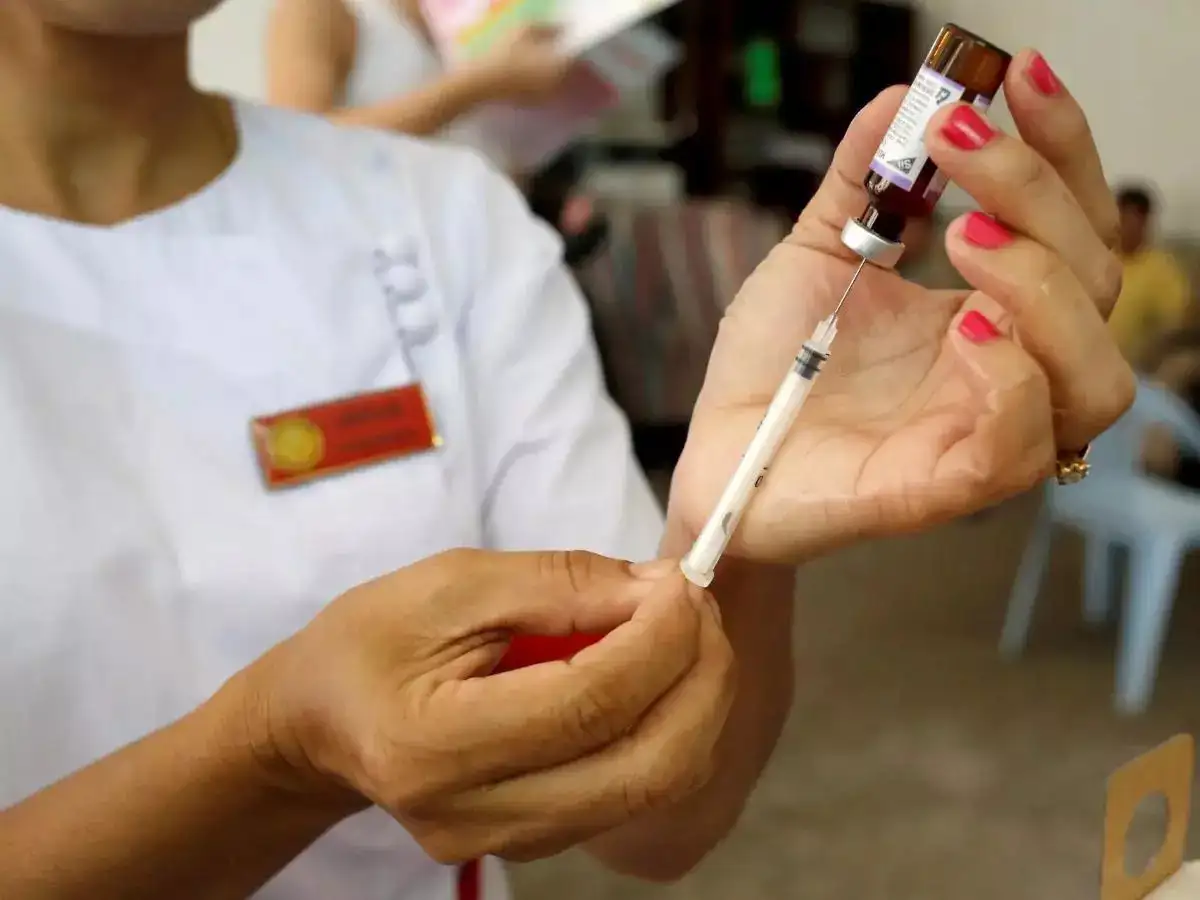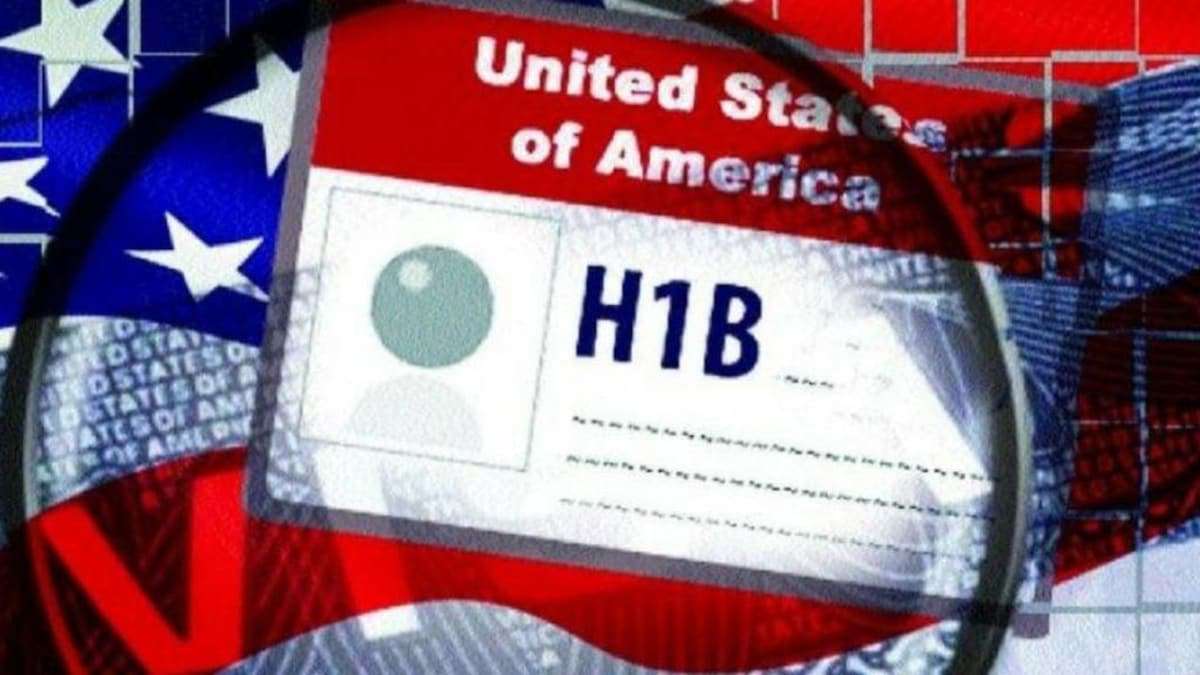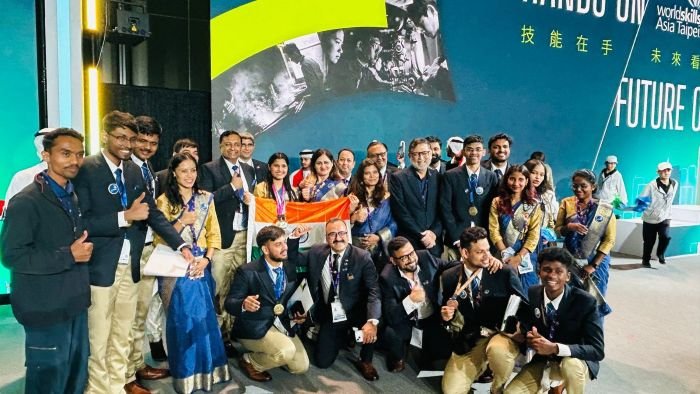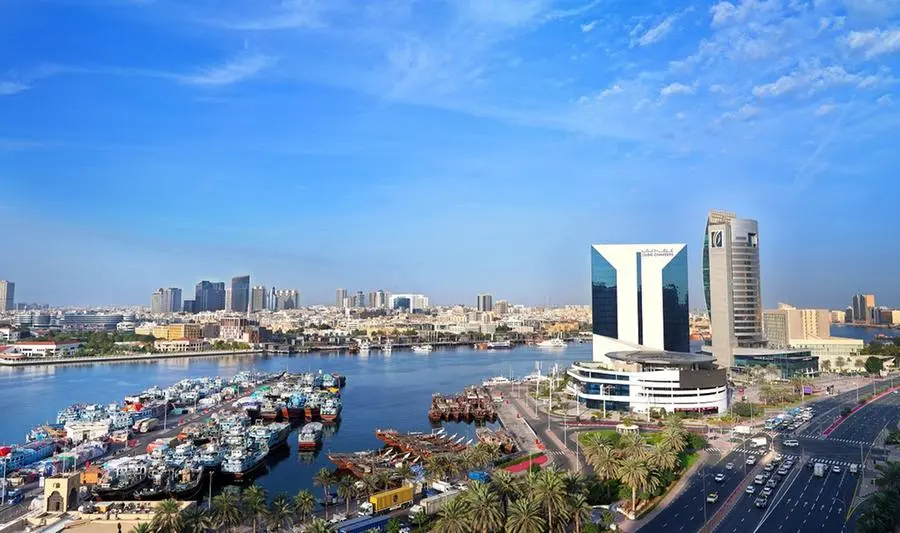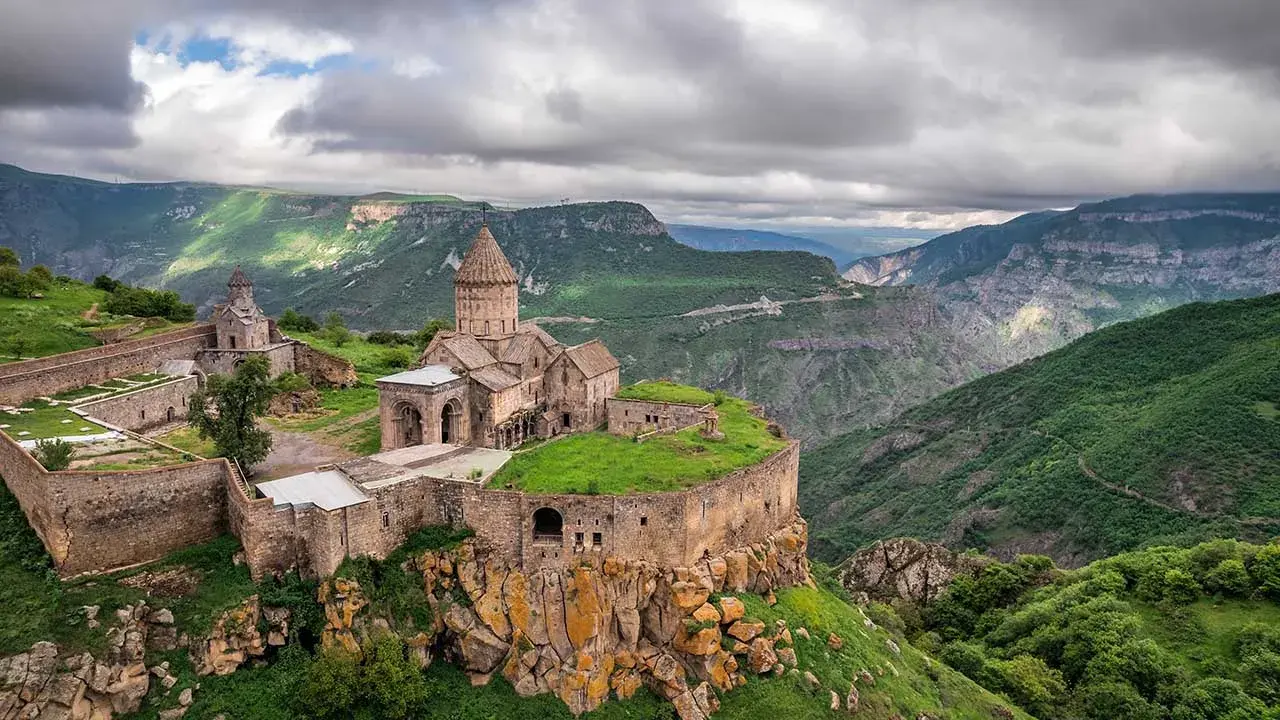“New guidelines for minimum point scores and years of work experience have also been implemented. Obtaining sufficient points to qualify for one of the NSW government-sponsored visas that would put them on a route to residency is virtually impossible for Indian overseas student graduates in talent shortage sectors. On September 7, the NSW government made available its skill lists for the 2022–2023 migration year.”
To be eligible for New South Wales (NSW) nomination applicants must meet the minimum point score and minimum years of work experience in their occupation’s ANZSCO (Australian and New Zealand Standard Classification of Occupations is a skill-based classification used to categorise all occupations) unit group.
According to the state, new guidelines for minimum point scores and years of work experience have also been implemented. Obtaining sufficient points to qualify for one of the NSW government-sponsored visas that would put them on a route to residency is virtually impossible for Indian overseas student graduates in talent shortage sectors. On September 7, the NSW government made available its skill lists for the 2022–2023 migration year, reported nriaffairs.
According to migration agents, this is not only unfair to overseas students in particular fields who have long been drawn to study in Australia by the promise of permanent residency, but it also goes against federal government initiatives to boost the proportion of overseas graduates who stay on to work and then pursue immigration pathways.
The federal government boosted the number of permanent migration slots for the 2022–2023 fiscal year by 35,000 to 195,000 at the recent Jobs and Skills Summit.
The New South Wales government received more than 12,000 visa slots for its skilled migration programme in 2022–2023. As a result, it has recently announced new visa conditions that include employment restrictions for those applying for Subclass 190 (Skilled Nominated [Permanent residency]) and 491 (Skilled Work Regional [Provisional]) visas.
The NSW government, according to Honeywood, is making an effort to manage expectations while being as clear as it can be about the new locations. He advised graduates to consider relocating to rural regions and taking additional English-language training to strengthen their cases
For the fiscal year 2022–2023, a number of Australian states, including NSW, have decided to accept applications from both onshore and offshore applicants.
At the Australian and New Zealand Standard Classification of Occupations (ANZSCO) unit group level, NSW invites and nominates Skill-select expression of interest (EOI) candidates.
Applicants must possess skills in a profession that is both qualified for and falls under an ANZSCO unit group listed on the skills list for the visa they are pursuing in order to qualify for an NSW nomination.
The statement said, “To be eligible for NSW nomination you (applicant) must meet the minimum point score and minimum years of work experience in your occupation’s ANZSCO unit group”.
Engineering, IT, and accounting graduates are anticipated to move in large numbers to other states in the expectation of finding sponsorship for 190 or 491 visas in countries with less demanding standards than NSW, according to Karl Konrad, founder of Australian Immigration Law Services.
For former overseas students who currently reside in NSW, the NSW occupation listings for the two sponsored visa categories were “not good news,” according to Konrad. He said, “The NSW government is sending a clear message to accounting, ICT, and engineering graduates with the high points and work experience requirements that with these occupations you are unlikely to find a pathway to state sponsorship unless you find a job in your profession.”
The International Education Association of Australia‘s Chief Executive, Phil Honeywood, cautioned international students against leaving NSW if they believed it would be too difficult to obtain a visa. He said, “It could very well hurt their chances as it suggests a non-genuine commitment to that state. The states typically want to see that the applicant is committed to remaining within the state and won’t jump right back to another state.”
The NSW government, according to Honeywood, is making an effort to manage expectations while being as clear as it can be about the new locations. He advised graduates to consider relocating to rural regions and taking additional English-language training to strengthen their cases.
*********************************************************************
Readers
These are extraordinary times. All of us have to rely on high-impact, trustworthy journalism. And this is especially true of the Indian Diaspora. Members of the Indian community overseas cannot be fed with inaccurate news.
Pravasi Samwad is a venture that has no shareholders. It is the result of an impassioned initiative of a handful of Indian journalists spread around the world. We have taken the small step forward with the pledge to provide news with accuracy, free from political and commercial influence. Our aim is to keep you, our readers, informed about developments at ‘home’ and across the world that affect you.
Please help us to keep our journalism independent and free.
In these difficult times, to run a news website requires finances. While every contribution, big or small, will makes a difference, we request our readers to put us in touch with advertisers worldwide. It will be a great help.
For more information: pravasisamwad00@gmail.com


